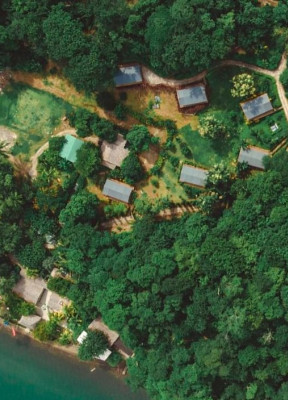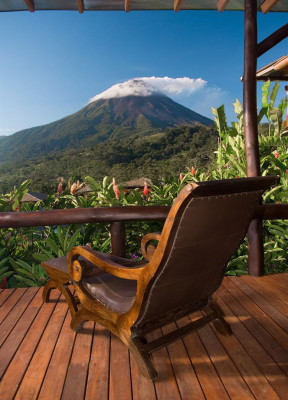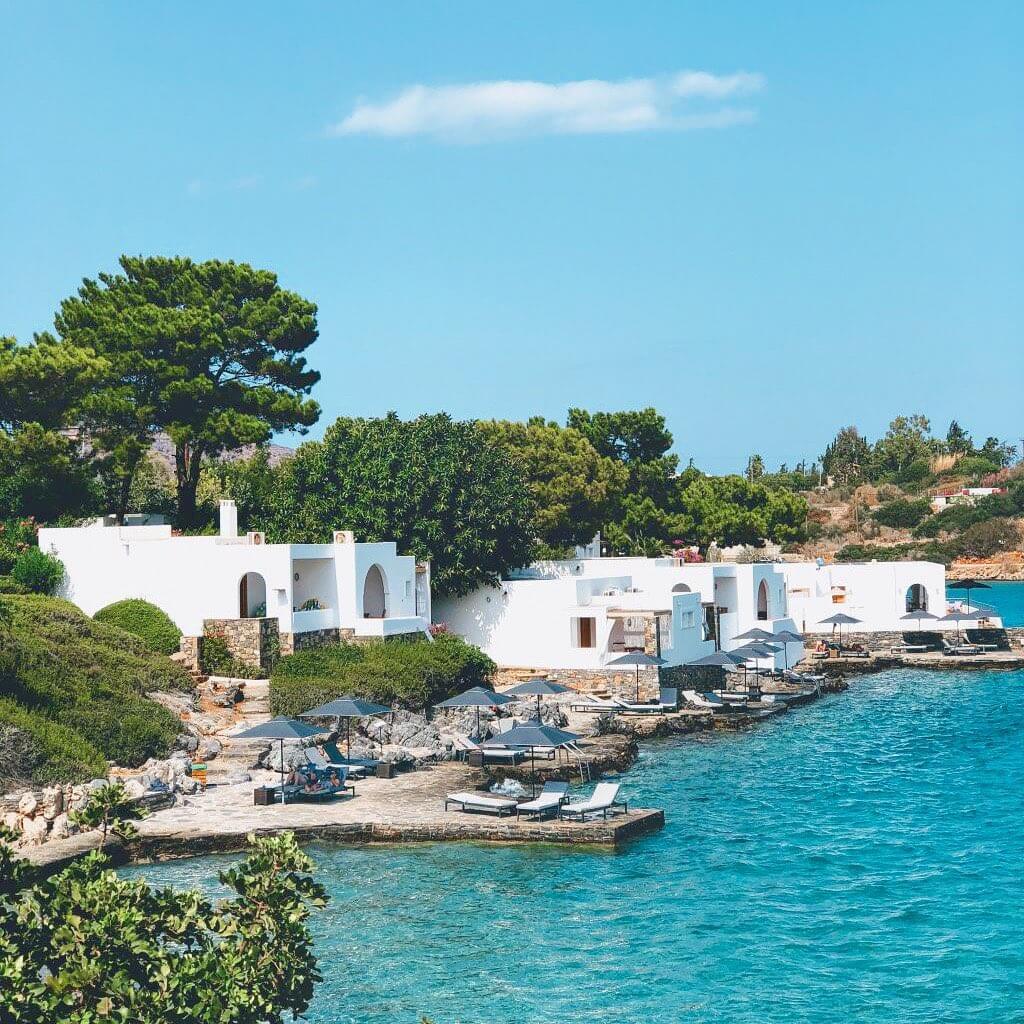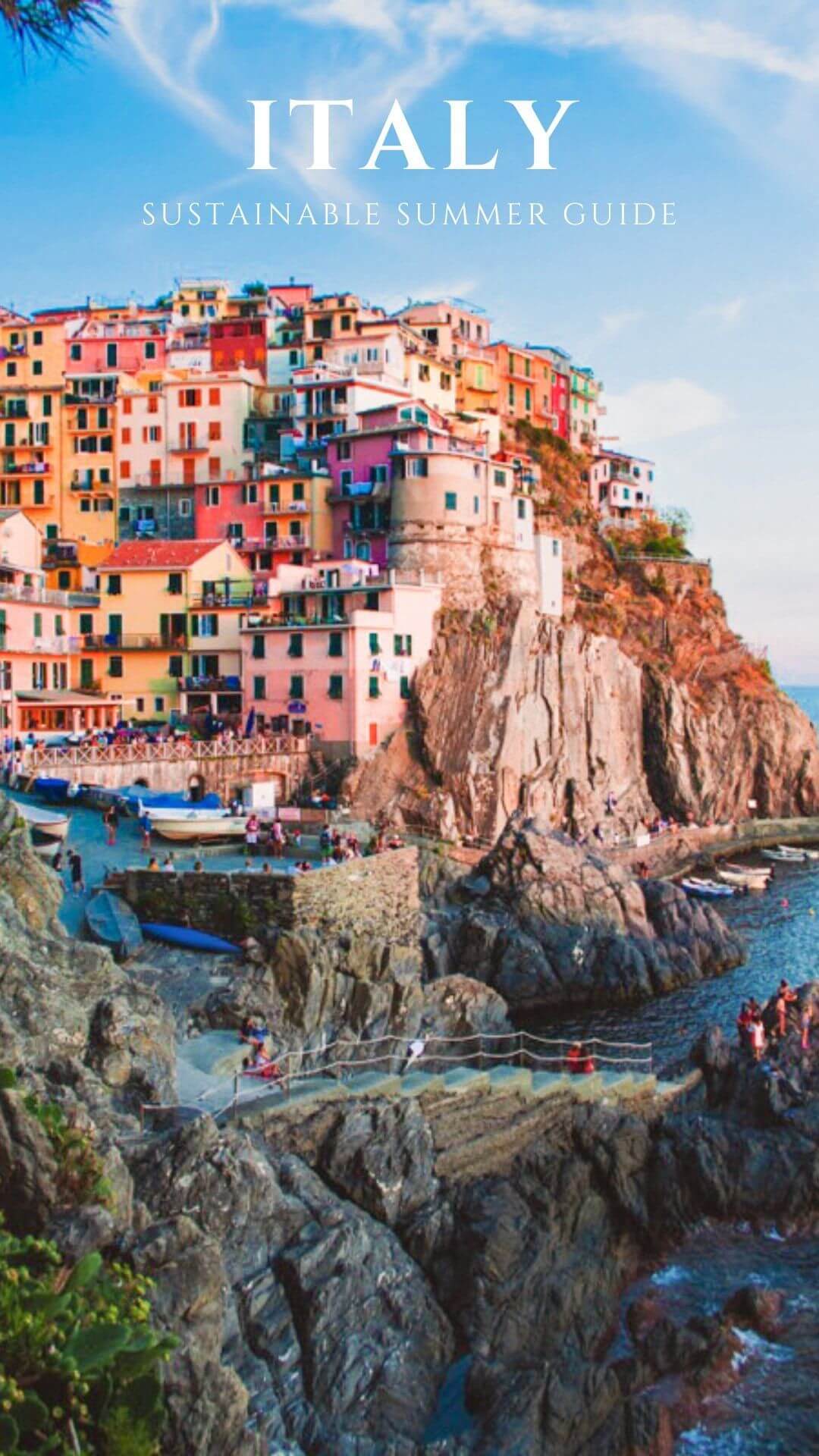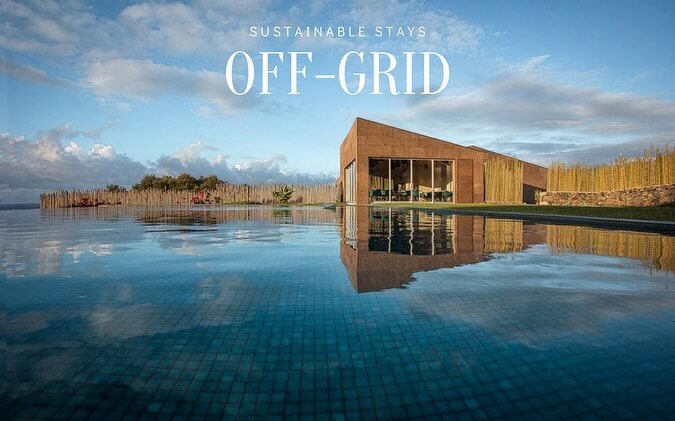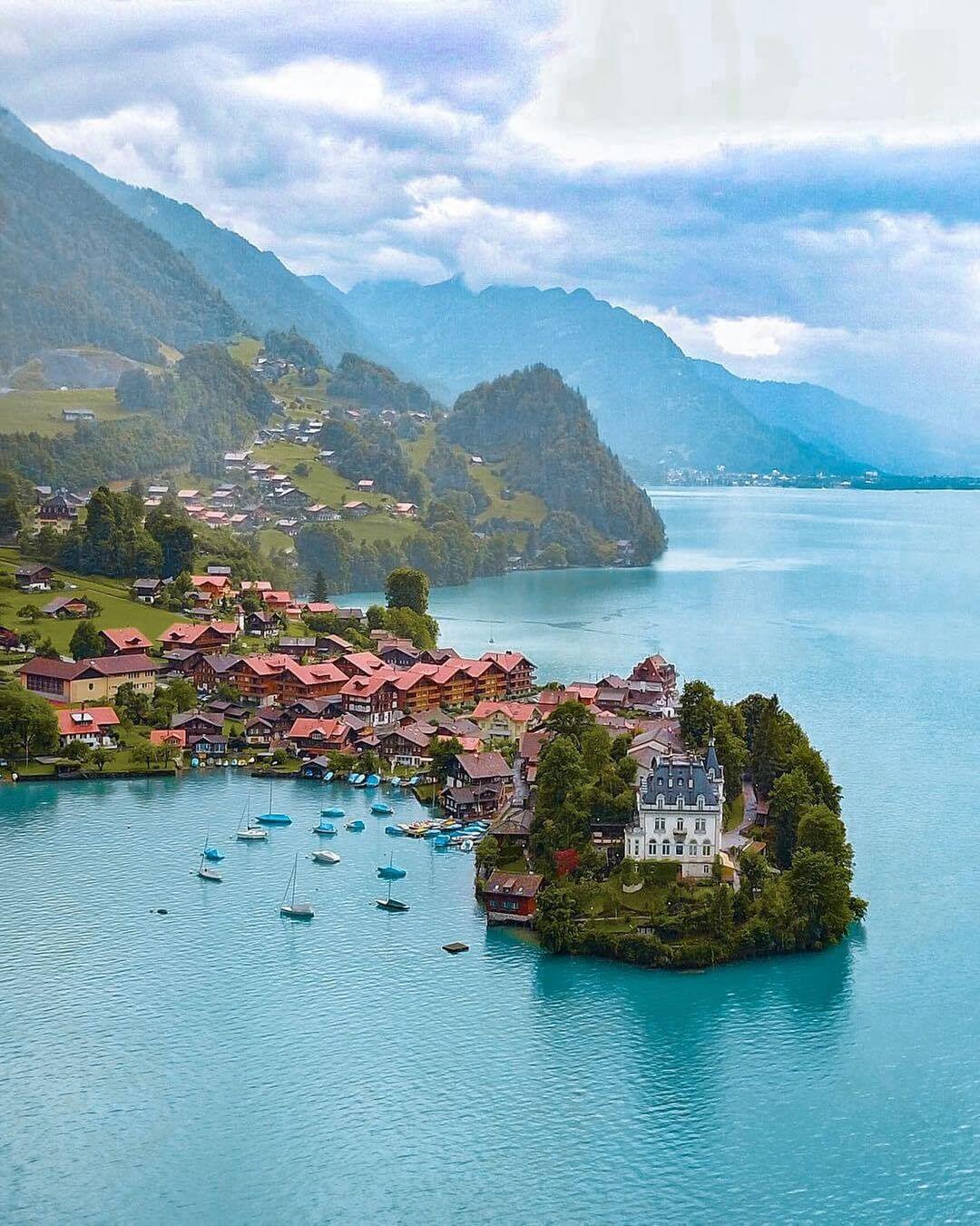Costa Rica is by far the most well-known Central American country, with happy people, vast beaches, and endless national parks. The country’s fame is not a coincidence, actually Costa Rica has undergone tremendous transformation over the past several decades, and this transformation has been especially evident in the area of ecotourism.
The Costa Rican government’s commitment to sustainability has been driven by a number of factors, including its decision to abolish its military in 1948 and reallocating those funds towards its citizens. By abolishing the military, the government was able to channel its resources into other areas, including education, healthcare and biodiversity. This has all become the cornerstone of Costa Rica’s economic development and has embedded this eco-conscious mentality into the culture of the country and its people. Now, this well-educated, healthy and conscious population is prepared to manage the steady influx of eco, sustainable and slow travelers from all over the world.
In order to continue down the path of sustainability and remain the leader in nature-based tourism, the Costa Rican government has solidified its commitments by establishing a number of national parks and nature reserves to protect its unique biodiversity. To date, Costa Rica has established 28 national parks in total, 3 of which are UNESCO World Heritage Sites and roughly 28% of the land in Costa Rica is a park or reserve. These nature reserves have become popular destinations for tourists, and help to protect Costa Rica’s unique biodiversity.
The government has also implemented a number of programs and initiatives aimed at promoting sustainable tourism, including tax incentives for ecotourism businesses and the conservation of sensitive habitats. One of the most successful initiatives of the Costa Rican government has been its commitment to ecotourism certification. This certification program, which has been internationally recognized, requires businesses claiming to be eco-friendly to meet a set of standards related to environmental protection and sustainability. Our team here at good.travel has consciously curated a few sustainable hotels that give back to the local community for you to explore:
Hotel Rio Celeste Hideaway
Rio Celeste, Costa Rica
Río Celeste Hideaway is surrounded by the dense tropical forests of the Tenorio Volcano National Park, a protected and unique biodiverse area of Costa Rica.
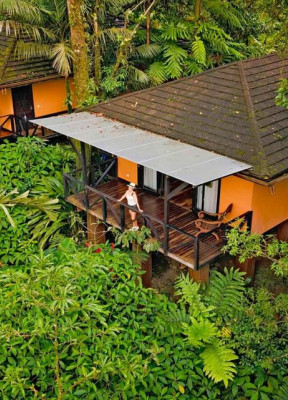
Nature-based tourism is definitely becoming increasingly popular for conscious travelers, and Costa Rica is definitely at the forefront of this eco-friendly industry. Click here to find and book more eco-accommodations for your next adventure to Costa Rica or browse our entire selection of sustainable hotels around the world.
Follow us, to discover more unique hotels, slow stays, LGBTQ+ friendly resorts, and conscious luxury escapes.
Subscribe to our newsletter for more interesting articles about sustainable travel
About the author

Palak Bothra
Palak studied Management and Entrepreneurship then continued to get her Master's Degree in Digital Marketing. A dedicated spirit to the start-up world, Palak has 4 years of experience in organic growth strategies.


